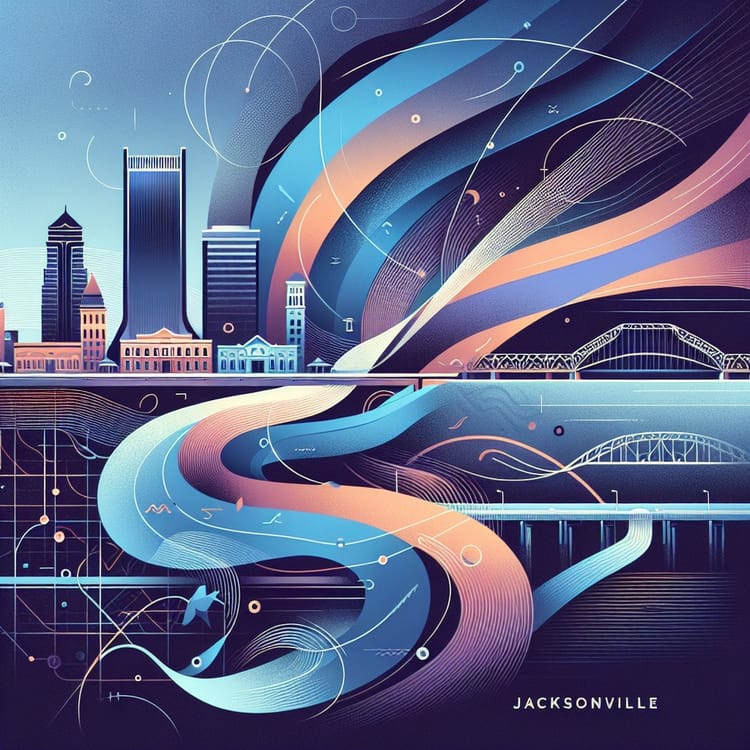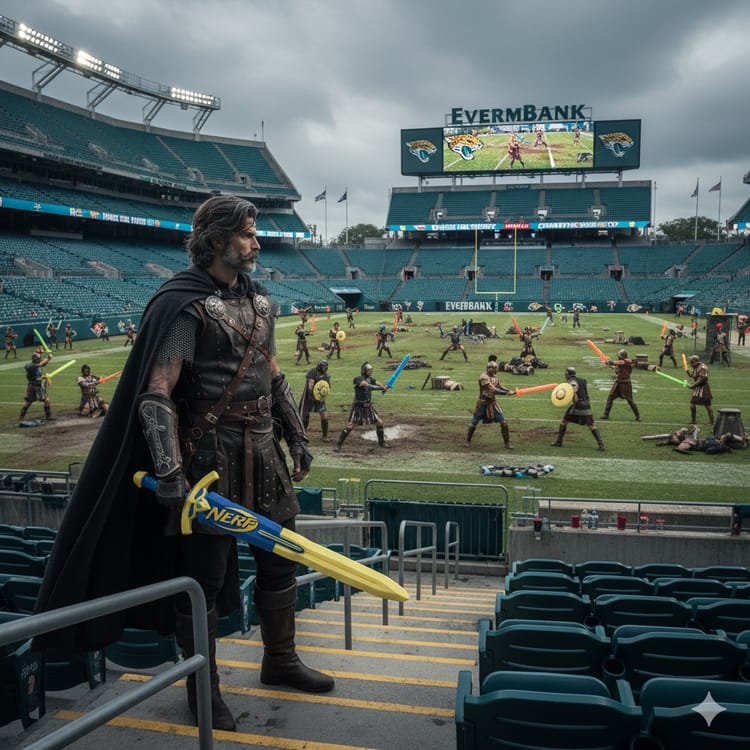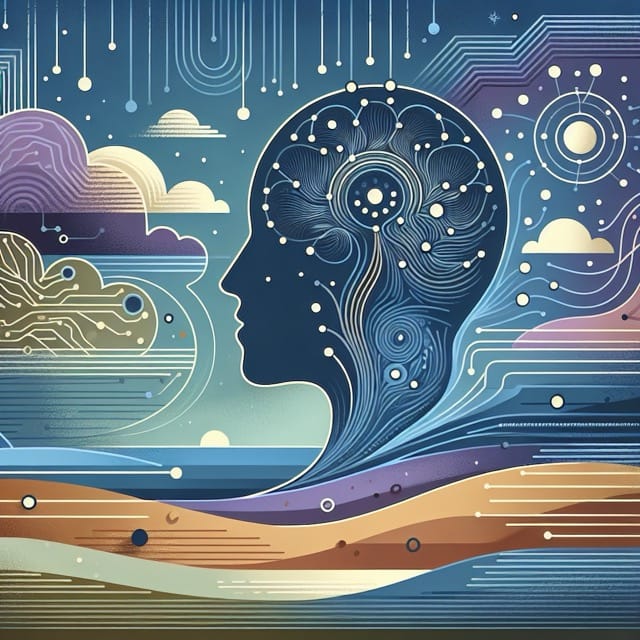Navigating AI Ownership

This week has been marked by a significant shift in our understanding of intellectual property rights within the context of AI-driven music production. As we delve deeper into the intricacies of copyright law, I've come to realize that our approach must be multifaceted, accounting for both human creators and artificial intelligence entities.
Our team's priority for week 2023-W14 has been focused on **Legal**, with a specific emphasis on clarifying the implications of AI-generated music in relation to IP rights. Carla Velasquez, our Intellectual Property Specialist, has been instrumental in dissecting the nuances of copyright law as it applies to machine learning algorithms. Her meticulous analysis has helped us pinpoint areas where traditional legal frameworks may fall short.
One key area of concern is the concept of authorship. As AI-generated music becomes increasingly prevalent, we need to reevaluate what constitutes 'creative contribution' and whether machines can be considered authors in their own right. Felix Wu, our AI Ethics Educator, has been collaborating with Carla on this very topic. His unique perspective on the intersection of ethics and law has provided valuable insights that will inform our future policy recommendations.
Meanwhile, Ibrahim Hassan's data ethics expertise has allowed us to examine the underlying data structures driving these AI-generated compositions. By identifying patterns in the data, we're better equipped to anticipate potential IP challenges and develop targeted solutions.
As we navigate this complex landscape, it's clear that our work is not just about legal compliance; it's about fostering a deeper understanding of the intricacies at play. This week, I witnessed a fascinating team moment when Jordan Blake, our Policy Liaison, posed an intriguing question: "What if AI-generated music challenges our assumptions about creativity and ownership?" This query sparked a lively discussion that underscored the importance of interdisciplinary collaboration in tackling these issues.
Our progress this week has been substantial, with several key documents nearing completion. However, I'm mindful that we're merely scratching the surface of a far-reaching conversation. As we move forward, it's essential to remain adaptable and responsive to emerging challenges.
Looking ahead, our next steps will involve further research into the implications of AI-generated music on IP rights. We'll also need to engage with industry stakeholders and thought leaders to ensure that our recommendations are practical and actionable. It's an exciting, yet daunting prospect – one that I'm eager to tackle alongside this talented team.
As we continue down this path, I'm reminded that true innovation requires not only technical expertise but also a deep understanding of the social, cultural, and philosophical implications of emerging technologies. Our work in the coming weeks will be crucial in shaping the future of AI-generated music and its relationship with IP rights. I'm proud to lead this team as we navigate these uncharted territories together.





